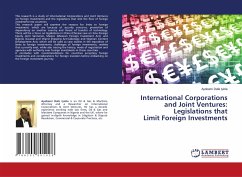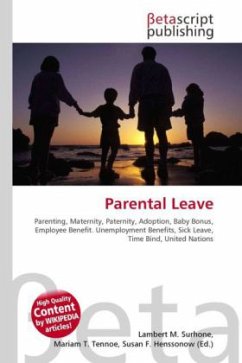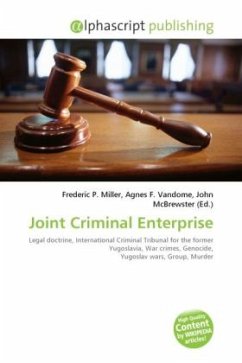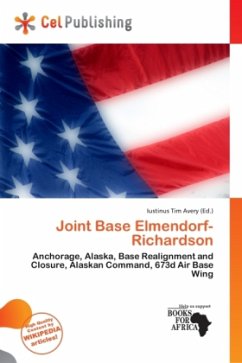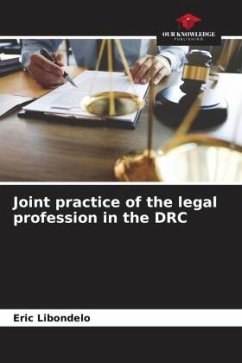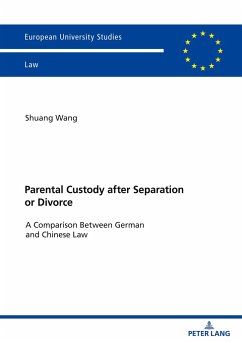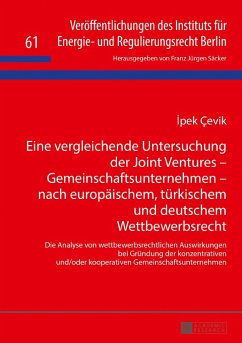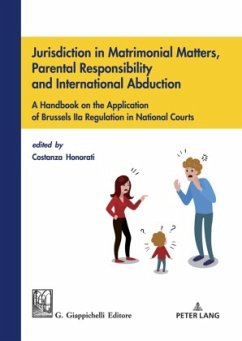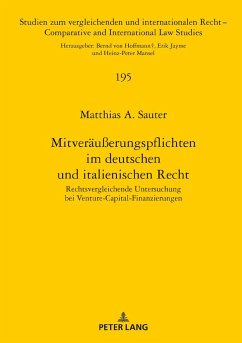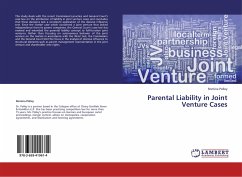
Parental Liability in Joint Venture Cases
Versandkostenfrei!
Versandfertig in 6-10 Tagen
27,99 €
inkl. MwSt.

PAYBACK Punkte
14 °P sammeln!
This study deals with the recent Commission's practice and General Court's case law on the attribution of liability in joint venture cases and concludes that these decisions lack a consistent application of the decisive influence test. Since the 'Avebe' case which concerned a joint venture that lacked independence from its parent companies, the General Court's case law has evolved and extended the parental liability concept to full-function joint ventures. Rather than focusing on autonomous behavior of the joint venture on the market in accordance with the 'Akzo' test, the Commission and the G...
This study deals with the recent Commission's practice and General Court's case law on the attribution of liability in joint venture cases and concludes that these decisions lack a consistent application of the decisive influence test. Since the 'Avebe' case which concerned a joint venture that lacked independence from its parent companies, the General Court's case law has evolved and extended the parental liability concept to full-function joint ventures. Rather than focusing on autonomous behavior of the joint venture on the market in accordance with the 'Akzo' test, the Commission and the General Court limit the focus in the analysis of decisive influence to structural elements such as parent management representation in the joint venture and shareholder veto rights.



